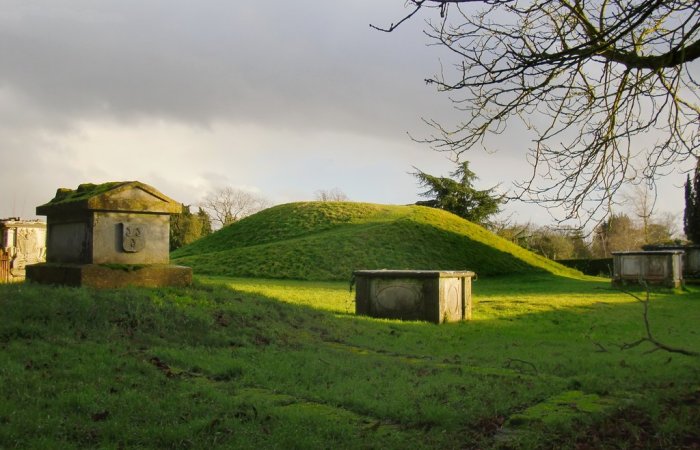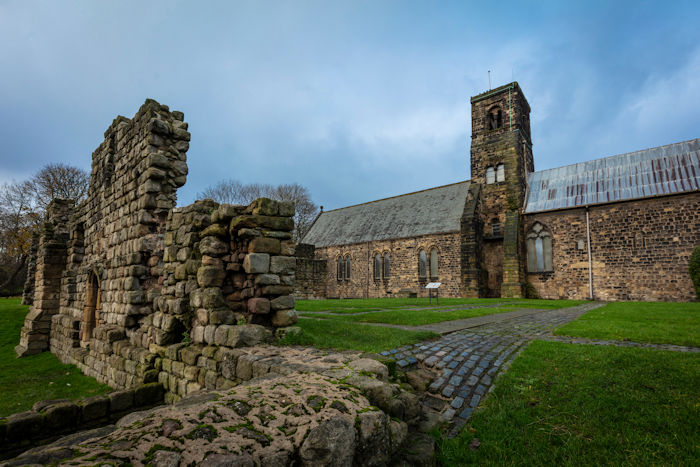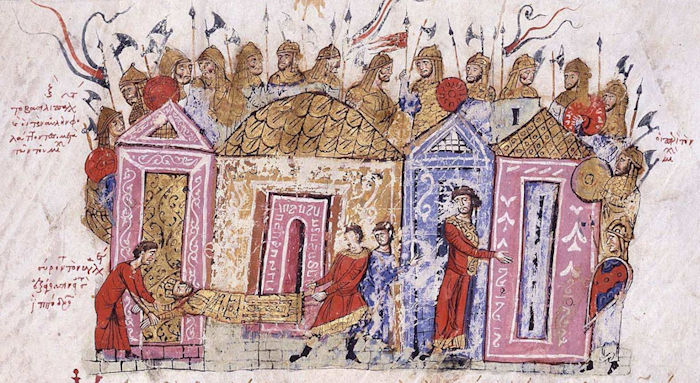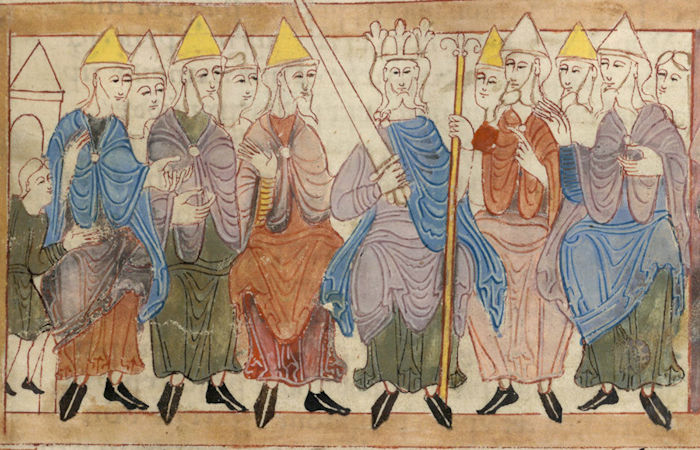
These Curious Burials Could Challenge Historians’ Ideas About Anglo-Saxon Gender
AncientPages.com – There are a significant number of Anglo-Saxon burials where the estimated anatomical Sєx of the skeleton does not align with the gender implied by the items they were buried with. Some bodies identified as male have been buried with feminine clothing, and some bodies identified as female have been found in the sorts of “warrior […]

New Evidence Vikings Failed To Wipe Out Communities And Anglo-Saxon Monasteries
Jan Bartek – AncientPages.com – Archaeologists have concluded that Anglo-Saxon monasteries were more resilient to Viking attacks than previously thought. Lyminge, a monastery in Kent, was on the front line of long-running Viking hostility, which ended in the victories of Alfred the Great. The monastery endured repeated attacks but resisted collapse for almost a century […]

One Of The Largest Anglo-Saxon Burial Grounds Ever Uncovered In Britain Reported By Archaeologists
Conny Waters – AncientPages.com – Scientists report on the discovery of one of the largest Anglo-Saxon burial grounds in Britain. Archaeologists working on HS2 have made discoveries of national significance, uncovering an Anglo-Saxon burial site in Wendover, Buckinghamshire. Almost three-quarters of the graves contained high-quality grave goods, suggesting the site was the final resting place […]

Nova Anglia: The Anglo-Saxon New England In The East
Zteve T Evans – AncientPages.com – Nova Anglia, or New England, was alleged to have been a community of exiled Anglo-Saxon nobles and warriors who intended it to be their new homeland after being defeated by King William I, the Norman conqueror of England. This community was believed to have been situated in the Black […]

Anglo-Saxon Kings Were Mostly Vegetarians Before Vikings Settled In England
Jan Bartek – AncientPages.com – Very few people in England ate large amounts of meat before the Vikings settled, and there is no evidence that elites ate more meat than other people, a major new bioarchaeological study suggests. Its sister study also argues that peasants occasionally hosted lavish meat feasts for their rulers. The findings […]